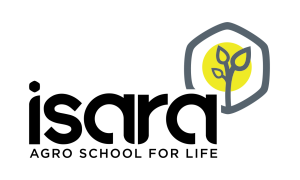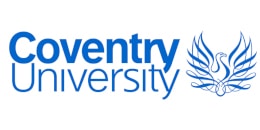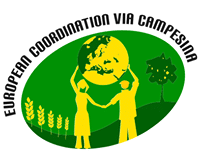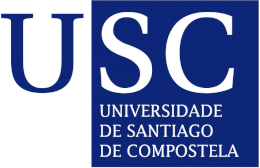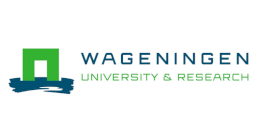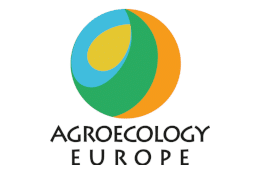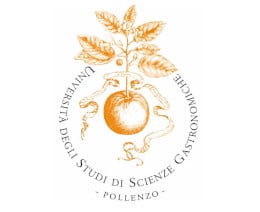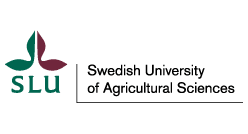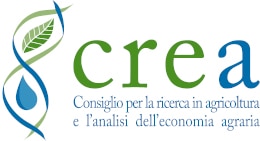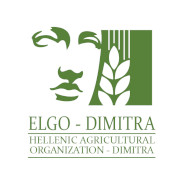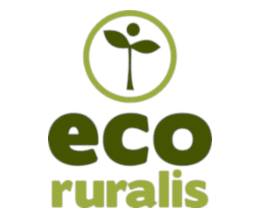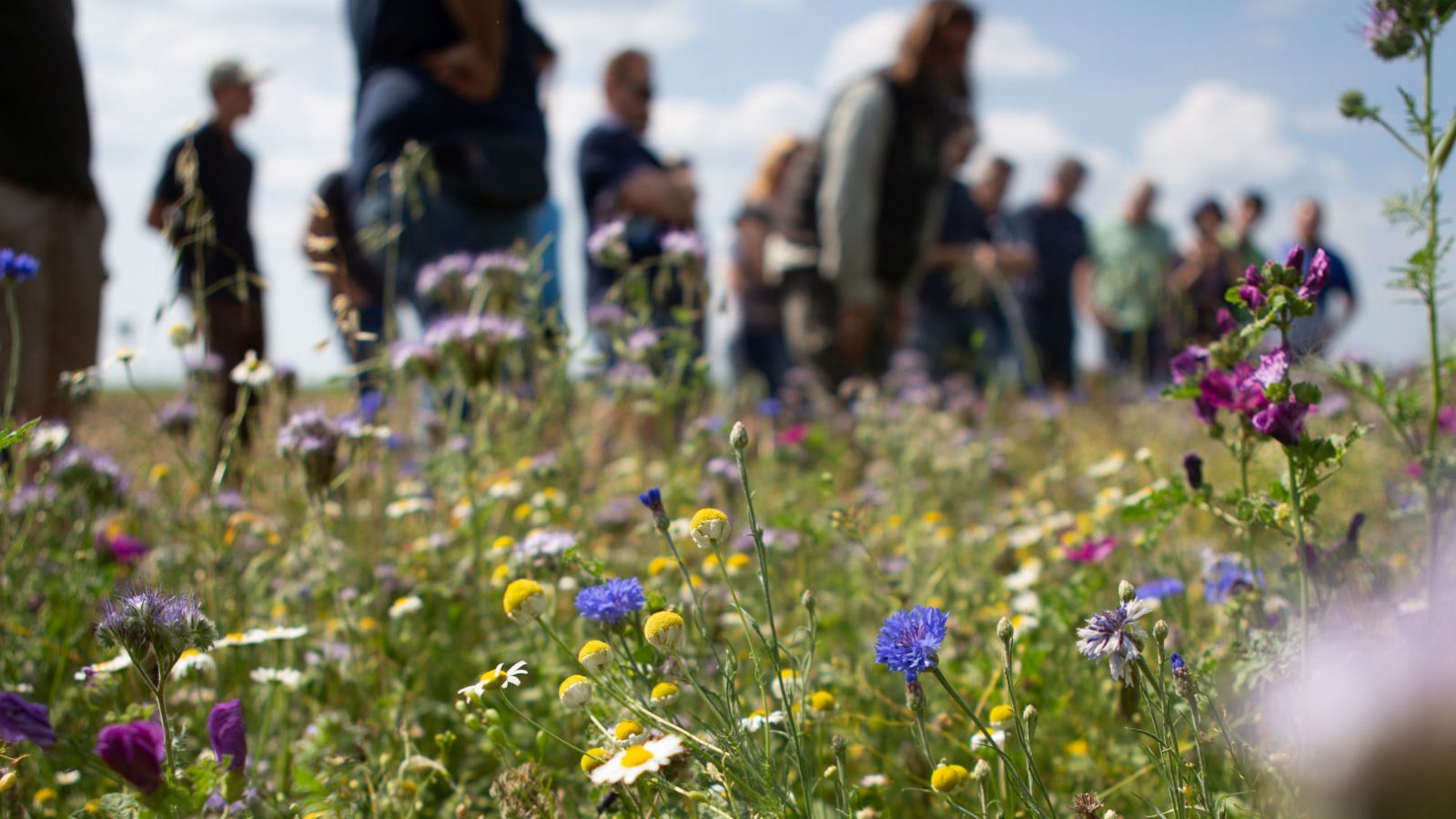
Learning and exchange
Agroecology for Europe Hub - connecting digitally
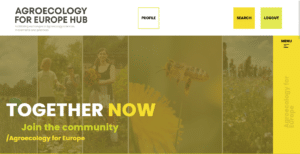
The Agroecology for Europe Hub has been created by the University of Gastronomic Sciences, Pollenzo, Italy (UNISG), in collaboration with Zetabi for technical development, within the H2020 AE4EU project. It is a virtual space to connect all actors interested or involved in agroecology. Indeed the hub’s vision is to develop a European network on agroecology. Encouraging networking and exchange of information, the finalities of the hub are to connect digitally with colleagues and experts, share knowledge, insights and best practice, learn from experiences and inspire innovation and new ways of working in Agroecology.
In the Hub, users can share content and information illustrating Living Labs, farming practices, but also funding opportunities and policy strategies. Everything can be easily published and found online to create European agroecological connections.

Living labs and research infrastructures
Accelerating the adoption of new ways of thinking leading to new practices and technologies requires developing and implementing novel participatory research infrastructures. The LLs approach, which builds on the three core principles of user-centred innovation, real-life experimental setups and private-public-people partnerships, may offer the potential to better address current agroecosystem challenges. For this project, we will use the definition of ALL established by the international Agroecosystems Living Laboratories (ALL) working group (Agroecosystems Living Laboratories (ALL) Executive Report 2019, www.macs-g20.org): “Transdisciplinary approaches which involve farmers, scientists and other interested partners in the co-design, monitoring and evaluation of new and existing agricultural practices and technologies on working landscapes to improve their effectiveness and early adoption.
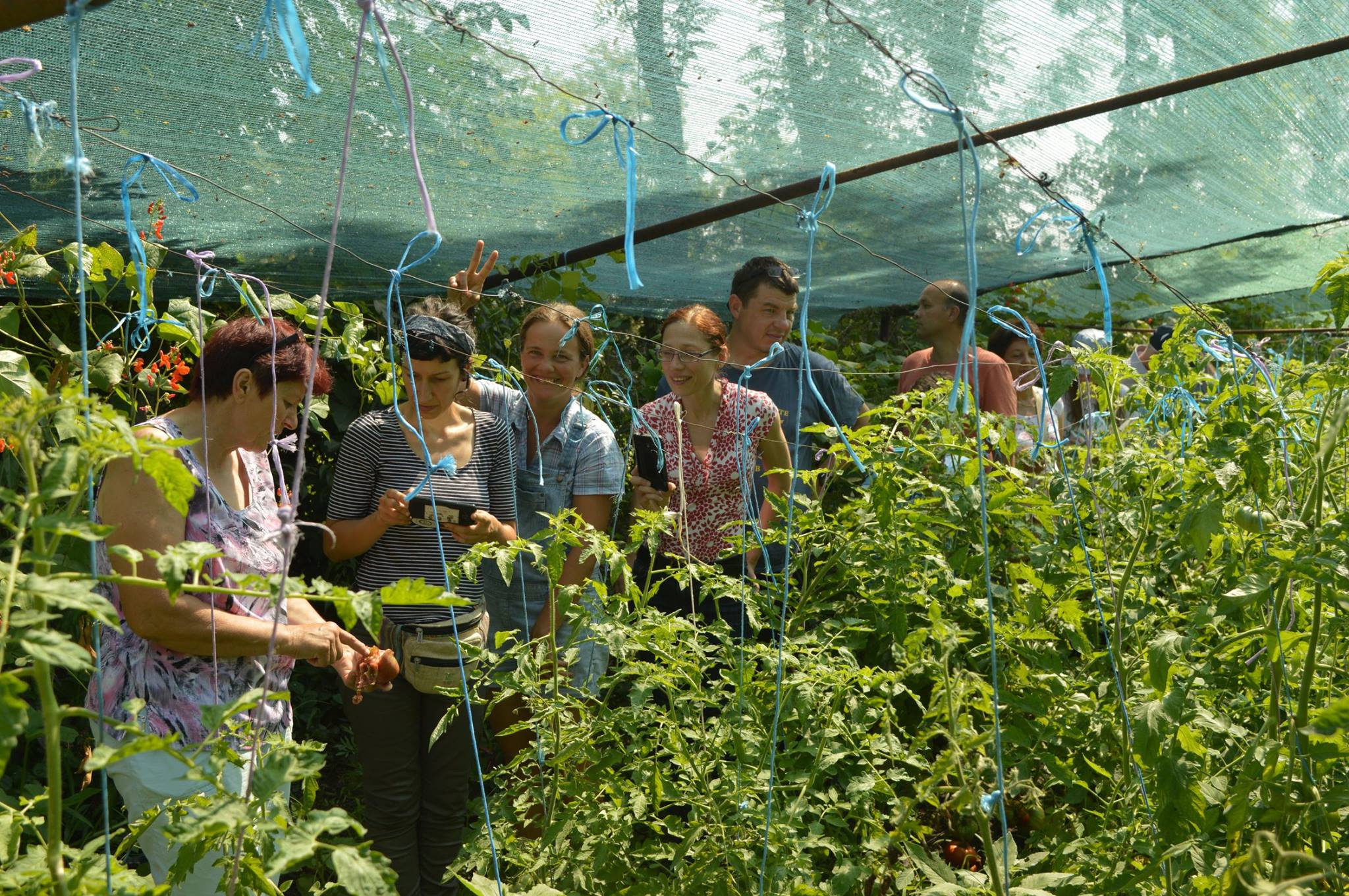
Education & Training
Education and training in agroecology require case-specific, adaptive, reflective, experiential and action learning for further development of context-specific, highly complex, adaptable and not one-fits-all practices and systems in agriculture and food systems. Although some emerging experiences with different training programmes and education as well as LL learning experiences exist, they are mainly still isolated and vary significantly in scope, goals and focus. Bringing successful experiences together and developing a European Knowledge Exchange Network in agroecology will bring momentum to the amplification and concrete implementation of agroecology in Europe.
ECVC with the support of local organisations has held three training programmes for agroecology in three different countries. Those trainings gathered different stakeholders (farmers, research/students, environmentalist organisations and local actors) and will be used to develop pilot training guidelines.

